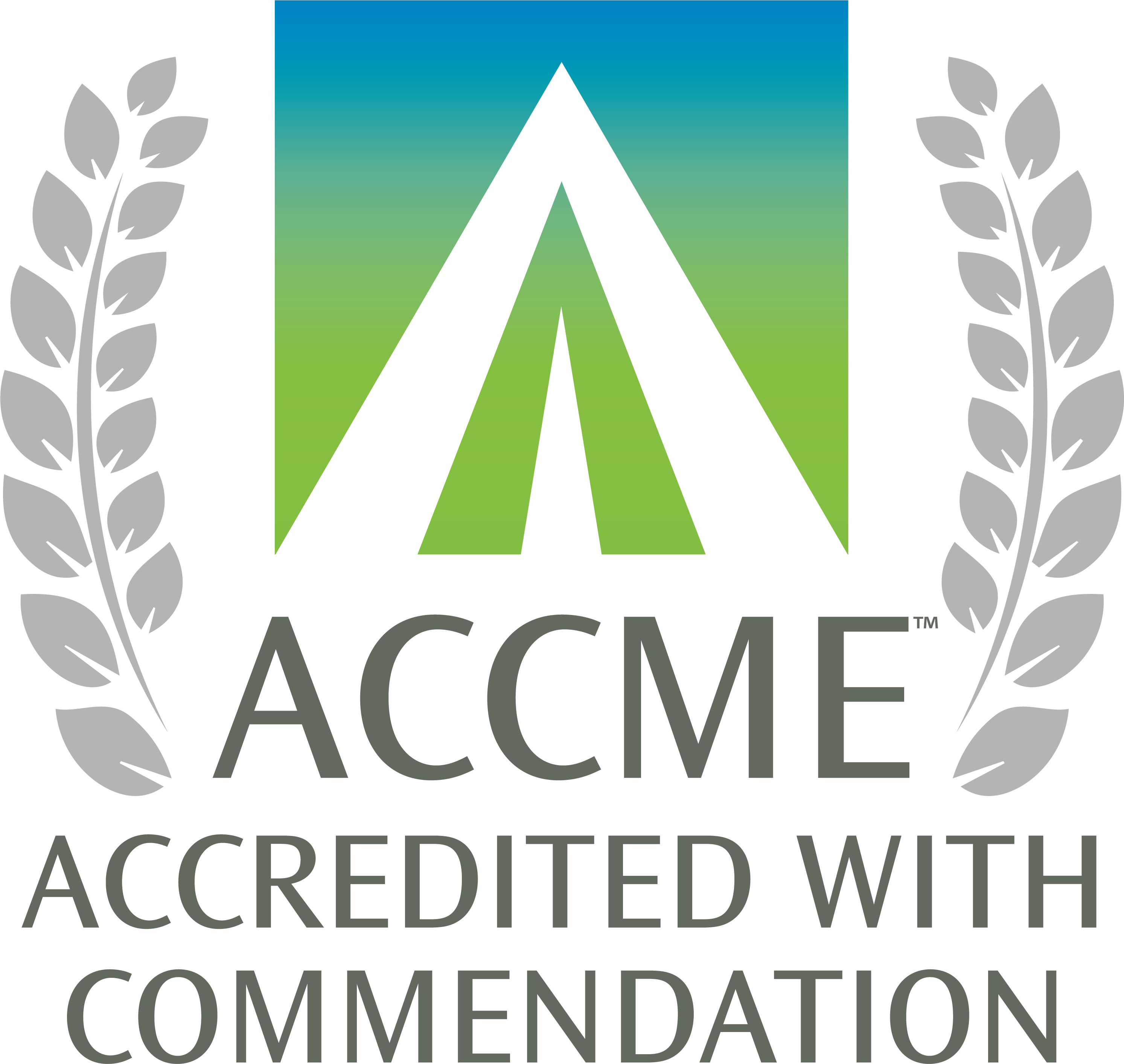Urinary Tract Infection [2011 update]
To begin this activity, click Enroll. Once logged in, learners can access educational content, assessments, and evaluations. Learners who successfully complete the activity will be able to print a certificate.
Release Date:
Mon, 1/1/18
Termination Date:
Tue, 12/31/19
Credits:
1
Description:
Urinary tract infection (UTI) has a high incidence in adult women. It is often not managed cost effectively, with laboratory tests performed that do not affect the management or outcome of treatment. This self-study activity provides practical guidance to primary care clinicians regarding the diagnosis and treatment of UTI and how to implement a cost-effective management strategy for uncomplicated UTI in women.
Key aspects of care include:
This 2011 update of the guideline also addresses the following points:
Key aspects of care include:
- Pretreatment cultures are rarely necessary for uncomplicated UTI.
- Consider telephone management for uncomplicated UTI in women with previous UTI.
- Despite increasing resistance patterns to trimethoprim / sulfa and ciprofloxicin, clinical response remains robust.
- TMP/SMX or Macorbid are the recommended drugs of first choice in uncomplicated UTI in women. Three days of treatment with Bactrim or five days of treatment with Macrobid is usually sufficient for uncomplicated UTI. Second line therapy alternatives include three days of Cipro or seven days of Amoxacillin.
- Follow up cultures or urinalysis are not usually necessary.
This 2011 update of the guideline also addresses the following points:
- Escherichia coli resistance rates have continued to increase. UMHS rates of resistance to trimethoprim / sulfa = 28% and Ciprofloxicin=27%. Nitrofurantoin resistance is <5%, Amoxicillin >25%.
- Clinical response rates continue at the 80-90% range despite the increasing bacteriologic resistance rates.
- First line therapy recommendations include both trimethoprim / sulfa and Macrobid.
- Recommending alternative forms of contraception is not necessary when prescribing antibiotics for UTI in women using oral contraceptives (OCPs).
- Some studies have shown that cranberry juice or cranberry tablets can significantly reduce the annual incidence of UTIs in sexually active women with a history of recurrent UTIs.
Educational Objectives:
Participants in this CME activity will understand and be able to implement evidence-based cost-effective clinical strategies for the diagnosis and treatment of uncomplicated UTI in adult women.
Target Audience:
This self-study activity is appropriate for primary care clinicians and other health care providers treating adults with urinary tract infection.
Accreditation and Credit Designation:
The University of Michigan Medical School is accredited by the Accreditation Council for Continuing Medical Education (ACCME) to provide continuing medical education for physicians.
The University of Michigan Medical School designates this enduring material for a maximum of 1.0 AMA PRA Category 1 Credits™. Physicians should claim only the credit commensurate with the extent of their participation in the activity.
The University of Michigan Medical School designates this enduring material for a maximum of 1.0 AMA PRA Category 1 Credits™. Physicians should claim only the credit commensurate with the extent of their participation in the activity.
Release Date: June 2011
Termination Date: September 2022
Continued availability of CME credit for this activity depends on a thorough review of its content every three years. This activity was last reviewed for currency and accuracy in September 2019, and availability of CME credit continued.
Additional Info:
Authors:
Steven E. Gradwohl MD; General Internal Medicine
Catherine M Bettcher, MD; Family Medicine
Carol E Chenoweth, MD; Infectious Diseases
R Van Harrison, PhD; Medical Education
Lauren B Zoschnick, MD; Obstetrics & Gynecology
Financial Disclosure Information:
There are no financial relationships to disclose for this CME activity.
UMHS Guidelines Oversight Team:
Carl Rew, MD
R. Van Harrison, PhD
Literature Search Services:
Taubman Medical Library
Steven E. Gradwohl MD; General Internal Medicine
Catherine M Bettcher, MD; Family Medicine
Carol E Chenoweth, MD; Infectious Diseases
R Van Harrison, PhD; Medical Education
Lauren B Zoschnick, MD; Obstetrics & Gynecology
Financial Disclosure Information:
There are no financial relationships to disclose for this CME activity.
UMHS Guidelines Oversight Team:
Carl Rew, MD
R. Van Harrison, PhD
Literature Search Services:
Taubman Medical Library
Credits available:
AMA PRA Category 1: 1.00
Participation: 1.00


